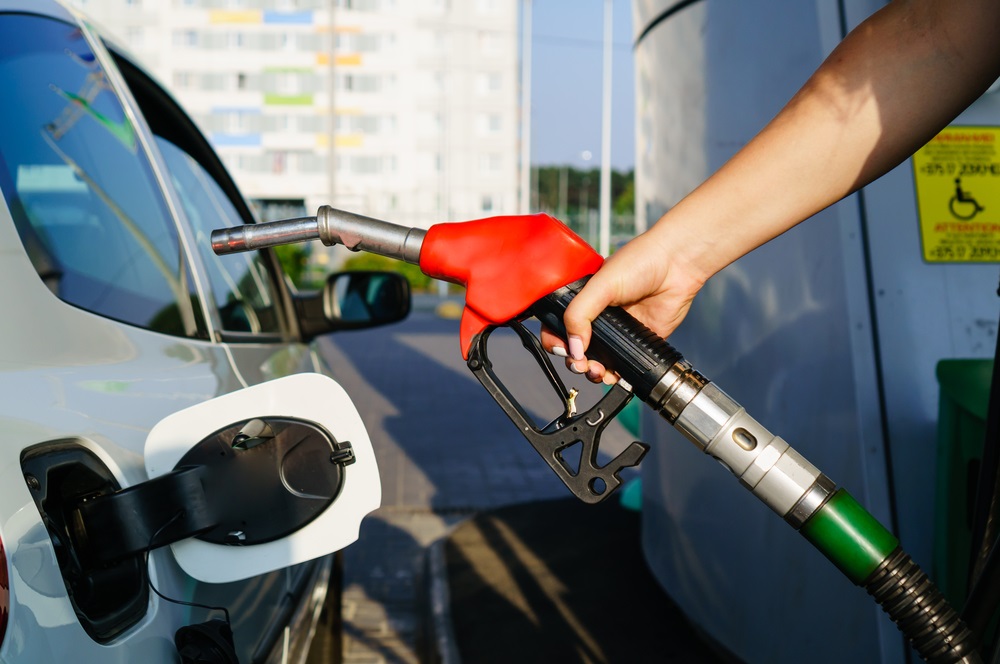A massive shift to remote work during national COVID-19 lockdowns saved commuters as much as $22 billion in direct commuting costs, a new study estimates — and it saved society nearly as much money in avoided car crashes and carbon outputs. But advocates argue even those eye-popping numbers don't fully capture the potential benefits of keeping vehicle miles travelled down as the world starts moving again.
In a survey of 1,000 remote workers, freelancing platform Upwork found that erstwhile American commuters saved an average of 46.3 minutes per day by staying at home — and 86 percent of them gave up a car trip in the process. (Yes, that's a small sample size, but those trends are roughly on par with other early estimates about commuting changes during COVID-19.)
When multiplied by the hefty costs required to fuel and maintain a motor vehicle, those time savings equate to real cash savings. The study estimates that drivers who shifted to telework for 120 working days saved an average of $2,000 each, and that these drivers collectively saved a total of $183 million every single day, or about $22 billion nationwide.
Even people who were never drivers experienced indirect savings, too. Car crashes, carbon outputs, road maintenance and the other externality costs of keeping a car-focused road network running are astronomically expensive, so every vehicle mile not traveled saves American taxpayers a whopping 18.4 cents on average, according to a 2017 study estimate. That money won't flow straight back into taxpayers' pockets, of course — but it does help quantify the massive costs of our status quo: more than $164 million every single day.

Upwork included a third line item in its accounting that's controversial among many urbanists: the dollars that drivers potentially earned by working during at least some of the hours that they previously spent stuck in traffic jams. Mimicking the kind of federally recommended fuzzy math often found in the "economic impact" estimates that states and cities use to justify highway widening projects, the group valued the average American worker's time at a modest $12.50 an hour, and assumed that every minute previously spent commuting was converted to punchable time on the company clock, for a total of $49.3 billion in "time value savings."
Now there is evidence that remote workers log about 1.4 more workdays per month than their office-bound counterparts. But that doesn't mean that remote workers, who tend to be white collar and on fixed salaries, actually took home more money because they went remote.
Some sustainable transportation advocates say the distinction matters a lot, especially if we want to use studies like these to influence transportation decisions post-pandemic. Specious time-value estimates are frequently used by lobbyists for the infrastructure industry to inflate the value of highway projects designed to reduce congestion (even though such projects actually make traffic worse) — and experts say using the same bad calculations to argue for the "value" of reduced driving can ultimately do more harm than good when transit investments don't stack up in the car industry's rigged calculations.
"While it might be tempting for, say, advocates of transit or of reduced highway spending to adopt this same sort of propaganda math where it serves our goals, doing so ultimately just plays into the hands of the 'infrastructure cult' — the powerful coalition of road-building lobbying groups with an interest in keeping the highway money flowing," said Daniel Herriges, senior editor for the urban economics nonprofit Strong Towns. "It's precisely because the projects they favor often make no sense from a cost-benefit perspective that these entrenched interests benefit from a status quo in which playing fast and loose with economic-impact estimates is the norm."
$91 billion! So when are the checks arriving?
— Daniel Herriges (@DanielStrTowns) September 2, 2020
This is the same garbage math used to justify freeway expansions based on "value of time saved"—but of course, there is no way to cash in that value, and people don't actually budget their time this way.
https://t.co/dPTqBQv1px
But even without that $49-billion boost from sketchy time value estimates, the savings drivers experience during quarantine are enormous and undeniable — as are the less-quantifiable value of human lives saved. Car crashes were down 5 percent nationwide in the first six months of 2020 — which isn't great considering that the fatality rate per 100,000 vehicle miles traveled actually rose, but still represents the lives of hundreds of people who would have otherwise died preventable deaths on our roadways.
And other lives will be doubtless saved over time by the 17-percent cut to global carbon emissions that resulted from confinement orders; a recent Stanford University study found that reductions in surface transportation represented the single largest contribution to the drop, and the United States was the second largest decrease in emissions, behind only China.
Lockdown orders have ended across America, but it's not too late to cut our national vehicle miles while keeping people moving. And that will pay dividends long after we find a vaccine.






